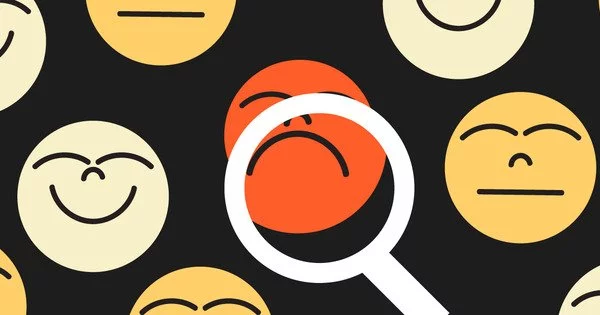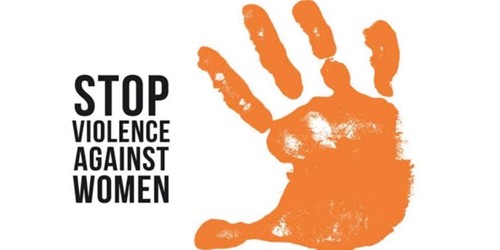Frustration, like anger, annoyance, and disappointment, is a common emotional response to opposition in psychology. Frustration stems from perceived opposition to the fulfillment of an individual’s will or goal, and it is likely to increase when a will or goal is denied or blocked.
Frustration stems from feelings of uncertainty and insecurity caused by an inability to meet needs. When an individual’s needs are obstructed, he or she is more likely to experience anxiety and frustration. When these needs are ignored or unsatisfied on a regular basis, anger, depression, loss of self-confidence, annoyance, aggression, and, in extreme cases, violence are likely to result. Needs can be obstructed in two ways: internally and externally.
Internal blocking occurs within a person’s mind due to a lack of ability, confidence, competing goals and desires, and/or fears. External blocking occurs when an individual encounters obstacles beyond their control, such as physical roadblocks, difficult tasks, or perceived waste of time, particularly when those obstacles or challenges were unexpected, or if the individual expected the goal to be simple to achieve. Frustration is usually reduced when an individual anticipates or is aware that the goal will be “challenging.”
I take out my tennis shoes, shake the dirt out of them, and put them on my feet. Oh no, the shoelaces have become entangled. I take the offending shoe and attempt to undo the knot as quickly as possible. It is impossible; the more hurried I become, the worse the knot becomes. As a result, I must patiently undo the knotted thread bit by bit. It’s frustrating and infuriating; how did the laces get so tangled in the first place? It is my fault; I did not properly loosen it the last time I removed the shoe.
I finally get the knot undone, put on my shoes, grab my tennis racket, and walk towards the door. I’m running late for my tennis match and need to hurry.
Crash! A bolt of lightning streaks across the sky, followed by a thunderclap. Rain pours down in torrents in less than the time it takes me to get to my bicycle. I come to a halt. How frustrating it is. Now the rain has to come in order for me to go to the tennis courts. Today’s tennis match is a washout. What a letdown and frustration it turns out to be.
What has just been described is something that can happen to anyone. I’m sure this has happened to everyone many times, and the possibility of it happening again in the future is a foregone conclusion.
My frustrating experiences have taught me that things rarely go as planned. As a result of learning this, I am also learning to reduce or avoid additional frustrations whenever possible.
The issue is our constant wanting, hoping, expecting, and anticipating. This is the normal way people live, and it is the source of frustration. The thing is, when we want, hope for, expect, or anticipate something, we invite disappointment. Things happen, and they are not always in our favor. hoping for, anticipating, or anticipating So when something happens that we do not want, hope for, expect, or look forward to, we are frustrated and possibly angry. The rain does not care whether we play tennis or not and the shoelaces are not concerned whether they are entangled or not. It is we who insist that things should be what they are not and we suffer for it.
I’ve discovered that if we let go of our wants, hopes, and expectations, and stop looking forward to things as much as possible, we won’t be frustrated. How can I be frustrated when nothing is expected of me? It doesn’t bother me that anything can happen. But if I don’t want what’s happening and instead want something else, I’m frustrated and upset. Isn’t this ridiculous?
So, let go of as many of my desires, hopes, and expectations as possible. In this way, I also let go of my frustrations.
















